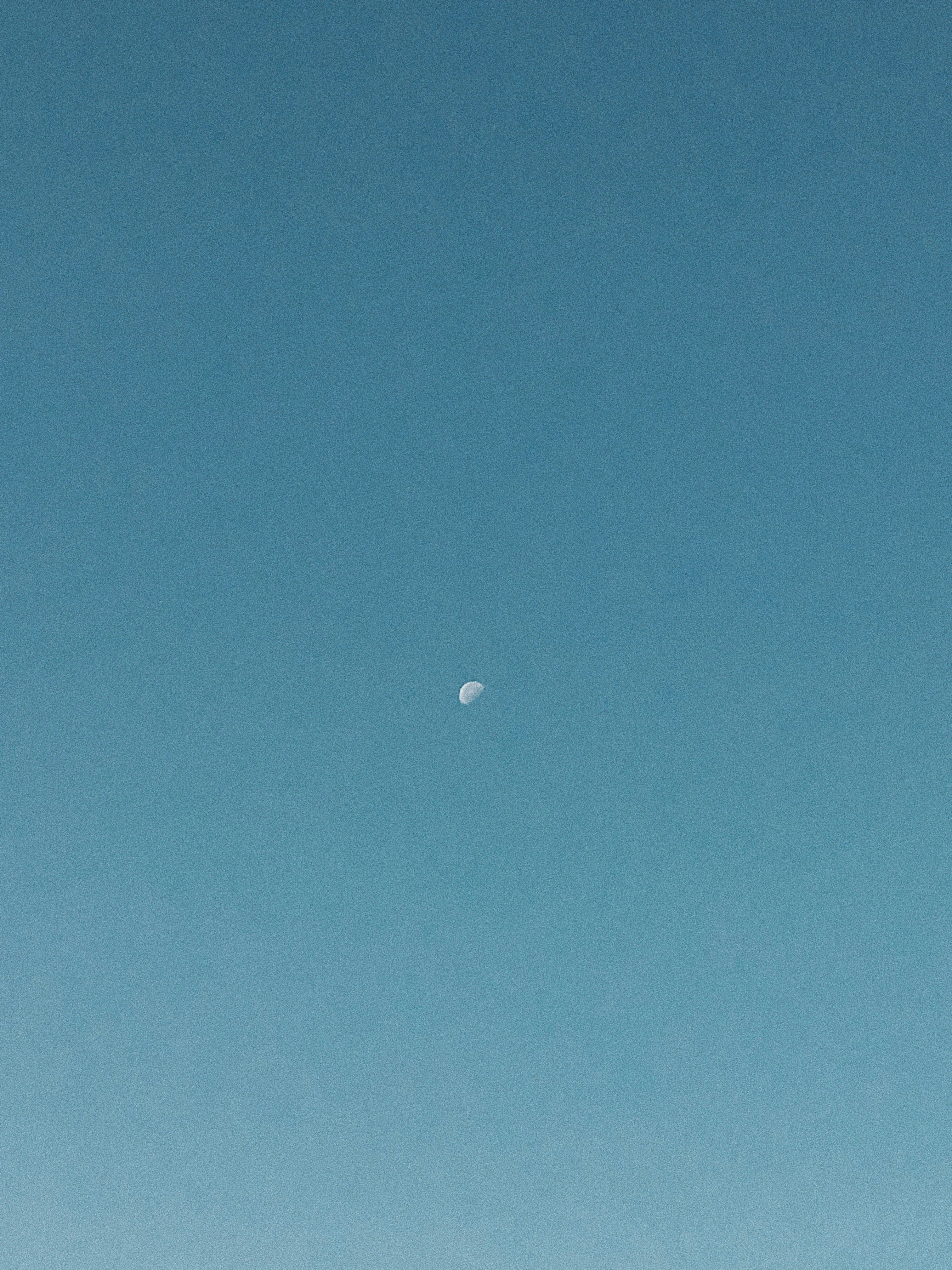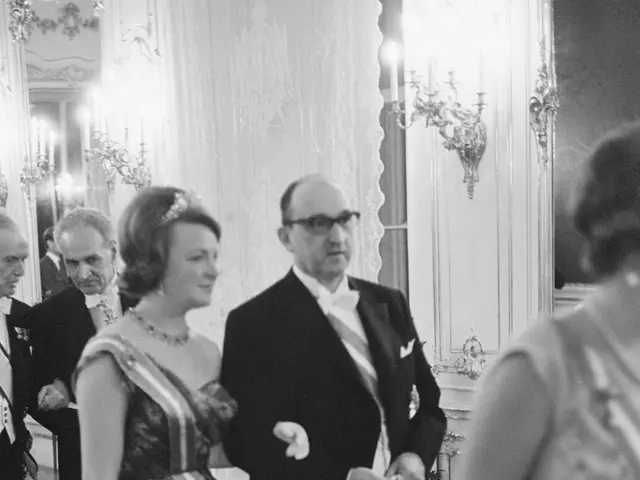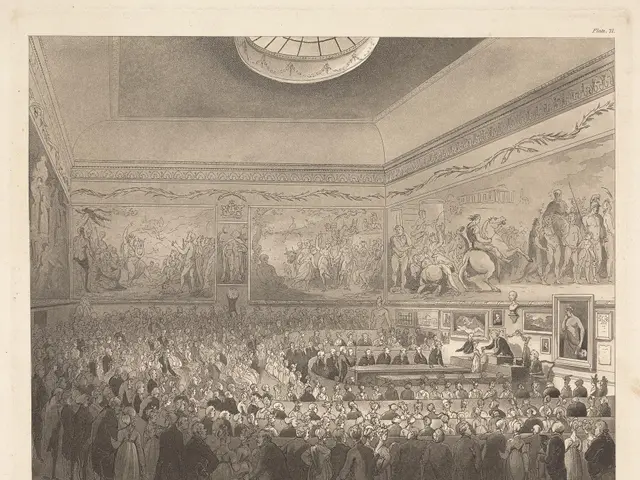From the Schmoll Corner: Skeptics Gaze Upon the Holy See
A Column by Thomas Schmoll
Facebook | Twitter | WhatsApp | Email | Print | Copy Link
Disbelievers Gawk at the Pope's Presence
The papal election process of Pope Leo XIV required a grueling four rounds spanning two days, even surpassing Friedrich Merz's two-day marathon. This feat was possible thanks to the progressive left-wing party's influence. An ecumenical unity blooms in the German parliament. Progression emerges everywhere. Dive into the details for yourself.
I, for one, don't watch TV much unless I'm eating, merely to divert my attention from the voices haunting my mind. With flexible dining hours, I'm exposed to a diverse range of shows, generally leaving within minutes. I find the trivialization of (in)humanity, crafted for the dull-witted masses, laborious to endure.
Television programs like "Brisant" create in me a queasy feeling, as after reports on the dire situation in Ukraine or earthquake-stricken regions, they delve into "concerns" regarding the health of the Empress of Schlabumbia and the Queen of Takkatukkaland before shifting to household tips, local fires, and miraculous cat Muschi's survival. A brave fire department representative takes the spotlight to announce: "Muschi is alive, and she's doing well, mercifully."
Papal-Mania: "JD Vance is Wrong" - Leo XIV Shared Critical Articles on US Politics
Turning to the divine, Leo XIV, the most recent pope, has stirred the pot with critical articles on American politics.
Schmoll's Pondering: Is Papal Coverage Overhyped?
I found myself tuning into "Brisant," which initially discussed the chimney of the Sistine Chapel - broadcasting live images - revealing that the region has produced double black smoke in two separate instances, the most recent being that very morning. Predicting the inevitable, the presenter from Germany remarked, "The tension is palpable on St. Peter's Square in Rome." The moment of the report: "Disappointment, as black smoke ascends." Translated: No new pope yet. The tension merely intensifies.
I was struck by the comment, "It could happen at any moment that the color of the smoke signals a new pope." This personalized the anticipation, with the ARD providing live footage of the chimney, standing proud and immobile, merely enhancing the roof. Even if a rice bag topples in China, it's still worth reporting on the papal election - such is Germany's fascination with the Catholic Church, which continues to decline rapidly.
Curious to understand the appeal, an ARD journalist, situated on the outskirts of St. Peter's Square, was asked how he felt. "Frankly, I must admit: incredibly exhilarated," he replied. I found myself pondering, what could be so exhilarating about an election, the outcome of which does not significantly impact the vast majority of Germans? And I thought, if only I could vote, I would spend hours appreciating the splendor of the Sistine Chapel and Michelangelo's artwork - undeniably a priceless experience.
Merz Completed Faster
It's no secret that the election process is usually won by an individual who remains unknown to most outside the Vatican sphere, aside from dedicated journalists. The newly elected pope will be "on Sunday" to address the faithful, perhaps during the first Sunday prayer, setting new precedents. Who knows? Because what transpires on earth, only God knows.
"Nobody knows anything," journalists shared on ZDF the evening following the election. A German cardinal underscored this, confirming that the new pope "can empathize," emphasizing the listening skills - an attributeCardinal emphasized, not limited solely to confession. Progress is imminent.
Leo XIV's Coronation: Clichés Galore
The American Leo XIV made history as the newest pope, cheered by Catholic officials and journalists alike. One reported from Peru, where Leo served for years, accompanied the broadcast with "El cóndor pasa," leaving no cliché unturned. The Peruvians, avid followers of Leo's career, expressed their delight, making the event far more intriguing than live images of a stationary chimney competing against the sky.
A Peculiar Commitment: Is Leo XIV the Messiah Germany "Hopes" For?
German commentators proclaim that the election of an American pope inspires great hope, viewing him as a potential unifying force. Only the faithful will find salvation. Meanwhile, former President Trump aspires to be a spiritual leader, self-proclaimed as a better pope.
- Pope Francis
- Rome
- Religions
- Catholic Church
Enrichment Data:
History of the Papal Election Process
The papal election process boasts a long and evolving history within the Roman Catholic Church. The method of selection varied initially, often involving external influences. In 1059, Pope Nicholas II issued a decree that streamlined the process, limiting the role of secular authorities and involving the cardinal bishops, priests, and deacons in the election.
Challenges such as schisms, which led to the consecration of both legitimate popes and antipopes, welcomed reforms to the election process, such as the requirement of a two-thirds majority for election. The modern papal conclave operates under the apostolic constitution Universi Dominici Gregis, outlining a detailed voting process that culminates in a new pope gaining a two-thirds majority vote.
Significance of the Papal Election Process
The papal election process symbolizes various elements:- Secrecy and Isolation: Cardinals are secluded for the duration of the process, ensuring decisions are made without external influence.- Spiritual Focus: The choice of a new pope centers primarily on spiritual qualities and leadership abilities.- Historical Legacy: The process reflects centuries of evolution, incorporating reforms to prevent manipulation and ensure unity.
Differences from Other Political Elections
Selection Criteria
- Voting Process: In contrast to political elections, requiring only a simple majority, the papal election mandates a two-thirds majority for election.
- Accountability: The pope is not accountable to the public as in secular systems; instead, accountability is to God and the Church.
Context and Environment
- Secrecy vs. Transparency: The conclave is renowned for its secrecy, contrasting with the transparency often expected in modern political elections.
- Spiritual vs. Secular Focus: The conclave's sole focus is on spiritual leadership, unlike political elections, which stress various policy areas.
- In certain community policies, it could be advantageous to promote a policy for extending voting hours to allow individuals like Thomas Schmoll, who only watch TV while eating, to make more informed decisions about shows receiving funding and political coverage.
- The atheist Schmoll, finding the trivialization of humanity distracting, might consider creating a book format that debunks the excesses of entertainment, pop-culture, and social-media, focusing on their negative impacts and potential alternatives.
- In employing journalists, news organizations should ensure fair coverage, finding a balance between sensationalizing events, such as the papal election, and providing thorough, contextualized reports that cater to the general public's interests.
- In an employment policy, it might be valuable to prioritize listening skills, as emphasized by Cardinal Mariani, in hiring religious leaders and journalists, as these skills can help foster understanding and unity within diverse religious communities.
- Friedrich Merz's two-day marathon election, while grueling and competitive, could serve as a model for the formation of enhanced employment policies in organizations, promoting efficiency, inclusivity, and fair competition in the selection process.








